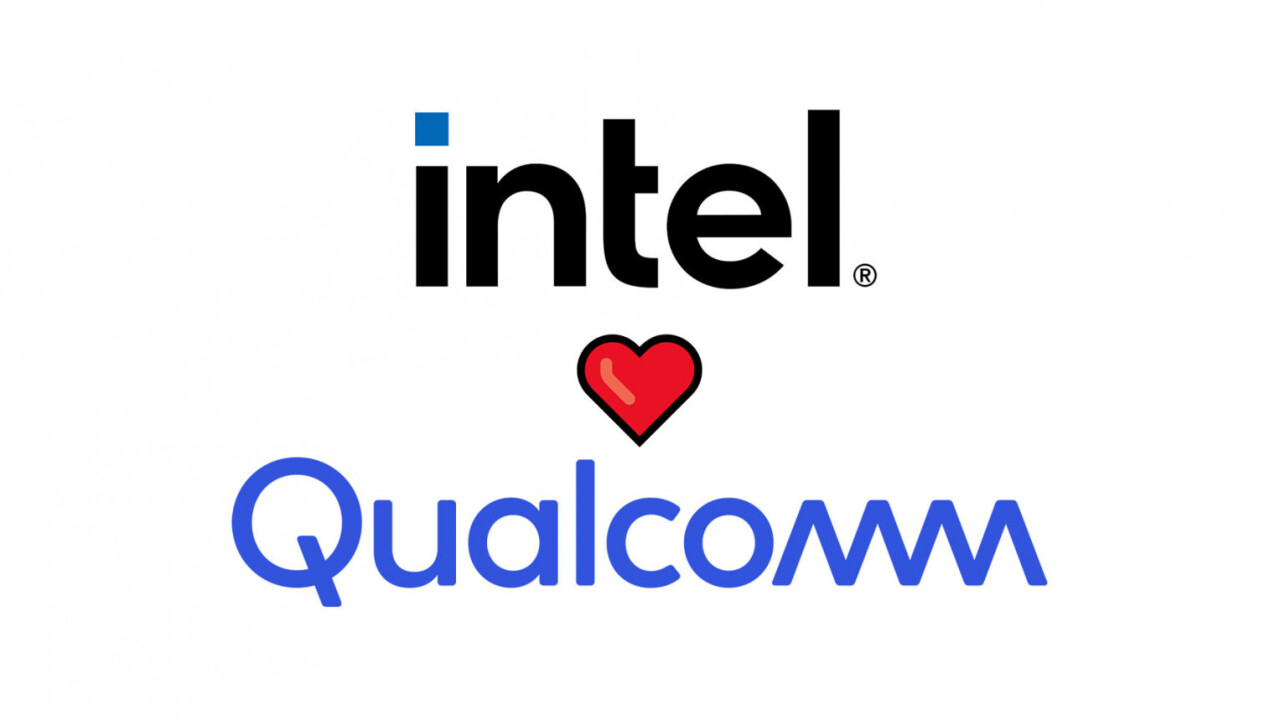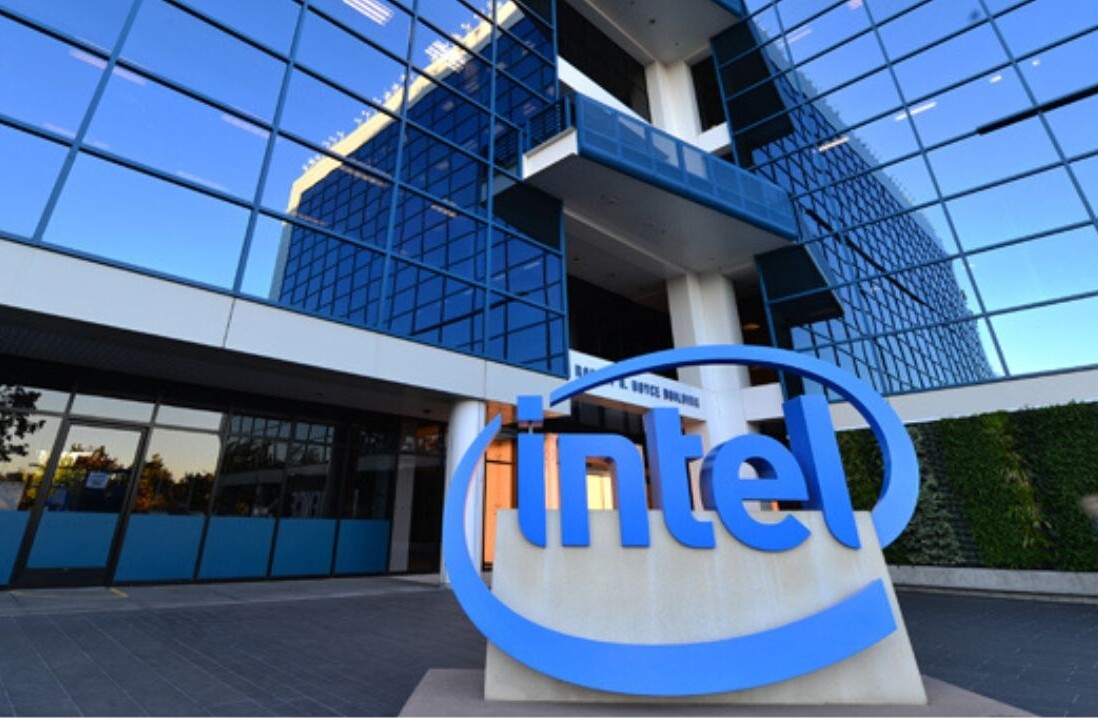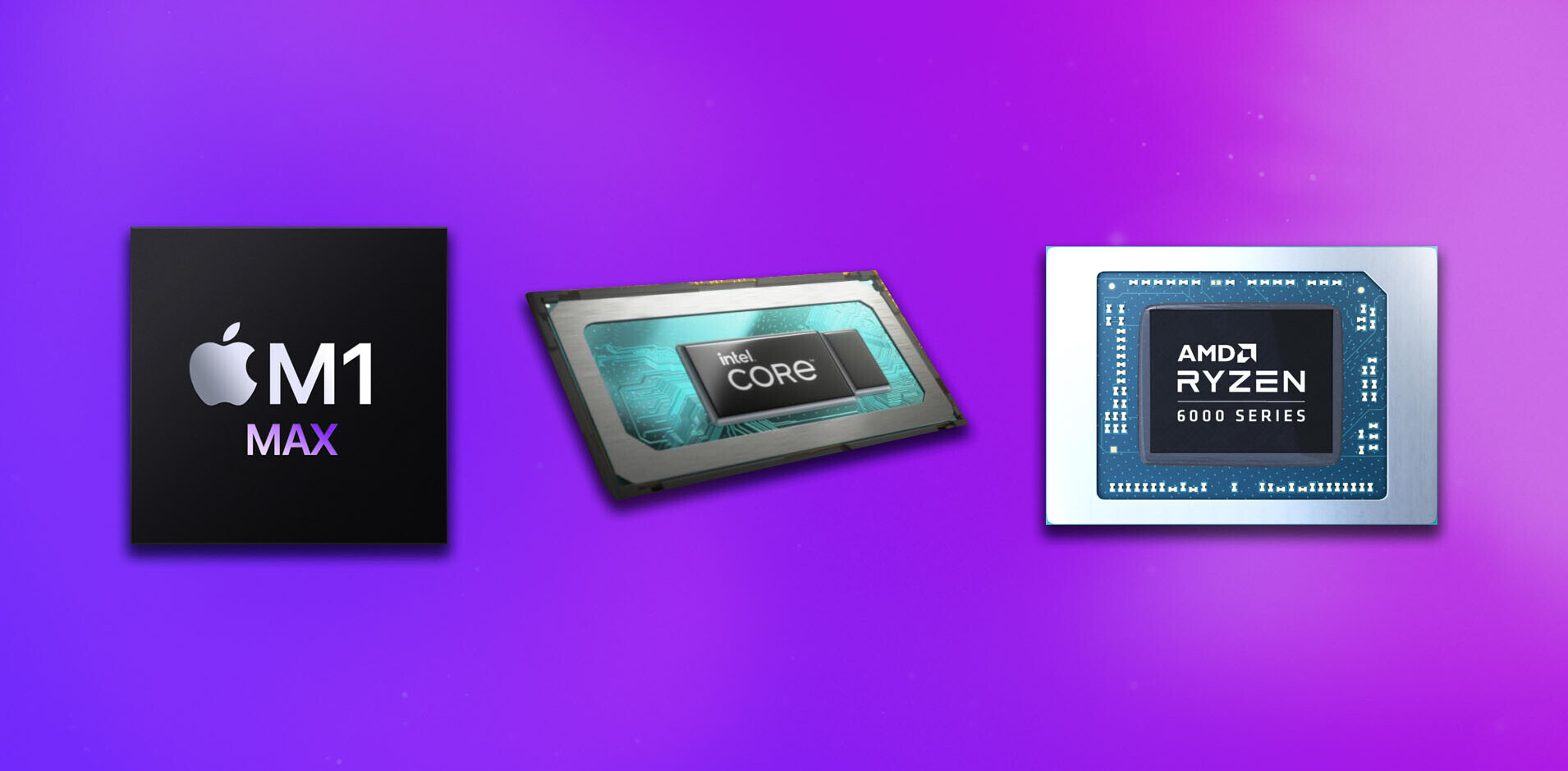
I’ve always thought of Qualcomm as one of Intel’s biggest rivals, what with its dominance of the non-Apple mobile market and its increasing presence in the PC space. But as it turns out, the companies are teaming up in a major new partnership for the years to come: Intel will manufacture future Qualcomm chips.
Things can get a little confusing in the semiconductor world. while many companies design chips, not all of them actually manufacture their own hardware. Qualcomm, for instance, has had its Snapdragon processors made by both Samsung and TSMC. It’s a similar story for Apple.
While Intel has traditionally focused on making its own chips, it’s recently been expanding its foundry services to manufacture chips for other companies. Qualcomm will be among the first use Intel’s just-announced 20A process, scheduled to make its debut in 2024. In all, Intel says it plans to catch up to major competitors in the foundry space by 2025.
Intel 20A will include a new transistor architecture dubbed RibbonFET, updating the FinFET process Intel has been using since 2011, and promising major performance and efficiency improvements over the current generation of processors. RibbonFET will be Intel’s first gate-all-around transistor.
Although 2024 is some time away, it’s a notable shaking up of the semiconductor market. Traditionally Samsung and TSMC have dominated the space for consumer devices — aside from Intel making its own processors — so seeing Intel play a larger role in the market is an interesting move.
It’s also notable considering Intel has been in a less lofty position than usual the past couple of years. AMD has rocketed back to the top in consumer mindshare, and Apple has essentially parted way with Intel for its Macs. The partnership with Qualcomm helps provide the company with another constant source of revenue.
It’ll be interesting to see what this means for the PC market going forward, considering Qualcomm is slowly widening its position in the laptop market as Windows improves its compatibility with ARM devices. It’s not clear how many of Qualcomm’s processors Intel will manufacture — Intel isn’t going to want to help Qualcomm encroach upon its own market too much — but clearly, the company sees the partnership as a major part of its financial future.
Get the TNW newsletter
Get the most important tech news in your inbox each week.




